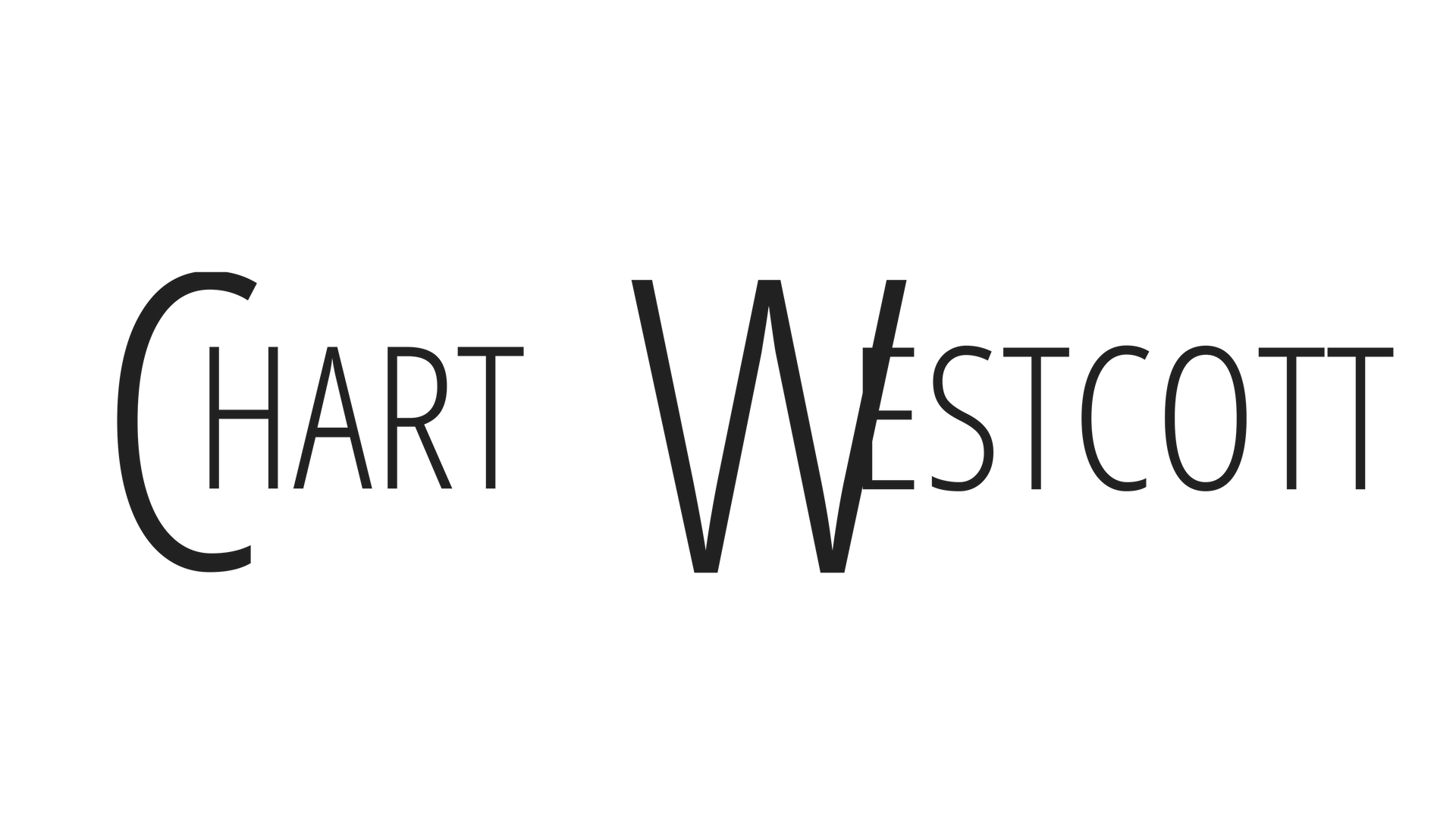Americans are still hearing about the country’s inflation problems, and they’re seeing it reflected in both news reports and gas prices.
Although the consumer price index has risen to its highest level in over 40 years, it’s still unclear what’s causing this inflation and when it will end. Many people believe that the pandemic has put a significant strain on the country’s economy, but it’s not clear exactly how the dollar’s value has been affected.
Besides the average person, inflation also affects other people. Economists often agree that certain factors contribute to the rising prices, but they disagree on which ones are most responsible.
-
Demand Challenges
Causes of demand-pull inflation can be caused by the over-capacity of the supply of certain goods and services. When this happens, the prices of these goods and services rise.
One example of this is the over-capacity of tickets to a Broadway show. Due to the number of people who wanted to see the Hamilton live show, the prices of these tickets went up significantly. On third-party sites, the average ticket price was around $139, and the premium ticket price was $549 at the time.
-
Increased Operating Costs
Cost-push inflation is when the prices of various goods and services go up due to the increased cost of materials and wages. This can be caused by factors such as the rising cost of lumber. In 2021, the cost of lumber was around 400% higher, which led to an increase in housing prices.
-
Larger Money Supply
The money supply is the total amount of money that’s in circulation, and it includes various types of coins, cash, and bank accounts. If the money supply gets too high, this could cause inflation, which is typically caused by demand-pull inflation. The Federal Reserve uses a process known as Open Market Operations to create a money supply.
-
Lowered Exchange Rate
The exchange rate is a downward adjustment in the value of a country’s currency. When a country devalues its currency, it makes its exports less expensive, which encourages other countries to buy more of the country’s goods. On the other hand, when a country devalues its currency, it makes foreign products more expensive, encouraging its citizens to buy domestic goods.
-
Increased Wages
A rise in wages is also known as a cost of production, and it affects every aspect of a company’s operations. If a company cannot pass on the higher costs to its workers, it will either have to cut back on its operations or raise prices.
Economists are still mixed about the effects of gradually increasing wages on the country’s economy. Some believe that it could cause cost-push inflation, while others think that it could help boost demand. Not only would higher wages cause businesses to pass on the higher costs to their workers, but they also believe that they could also help offset the spike in prices.
-
Policy Changes
Various policies can also cause demand-pull inflation. For instance, if the government provides tax breaks for certain products, this could increase the demand for that product, which could cause costs to rise. On the other hand, implementing strict building regulations or rent stabilization policies could also increase the housing supply and create an environment of inflation.



